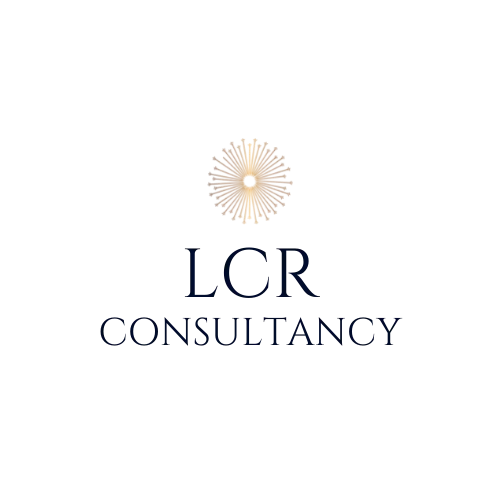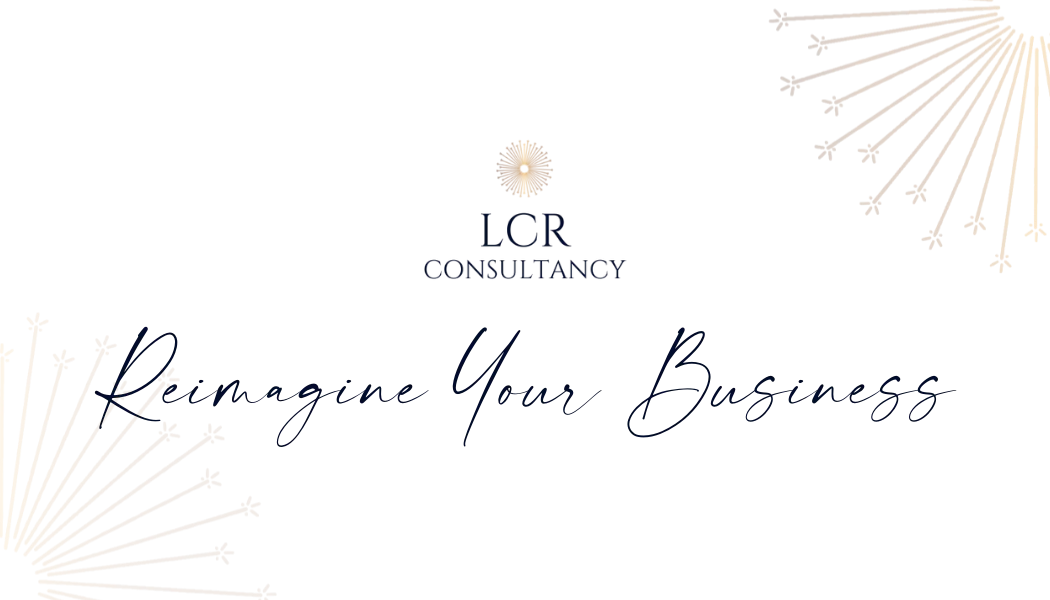
How to Mitigate Your Legal Risks When Running Retreats
Liability is always a risk in business, and the retreat industry is no exception. Being aware of your risks can help you prepare and avoid costly surprises.
Legal pitfalls to avoid when running retreats
While running a retreat can be the most rewarding and transforming experience you can create, it doesn't come without risk. As a business owner, you know this is true no matter what business or industry you are in. The only way to protect yourself is to do your due diligence.
That means understanding the legalities of running your business instead of being intimidated by them. Embracing your legal responsibilities is how you are going to mitigate your risks and maximize your profits.
That also means having clear and specific communication between you and your clients to avoid misunderstandings and minimize liabilities while allowing you to create a safe environment for everyone involved.



1. Seller of Travel Law (SOT) and Travel Package Regulations
This law is a central source of legal guidance for the travel industry and retreat industry. We start here because even if you do everything else right, this is the biggest legal risk for your business.
It incorporates elements of contract law, employment issues, tourism and hospitality procedures, anti-trust rules, regulatory and agency compliance, and international treaties.
The SOT may vary among states or provinces and various travel regulatory enterprises in other countries. If you are not a travel agent or if you are not working with a travel agency, you are opening your business to legal and financial risks.
If you do not comply with SOT requirements or travel package regulation laws or if you are not authorized to sell travel, you may face fines and penalties. Because restrictions vary from country to country and place to place, it is critical that you check with the local authorities responsible for SOT. If you are not authorized to sell travel, you will need to work as an independent contractor through a travel company.
LCR Consultancy has an in-house travel partner for this very reason.

2. Visas and entry requirements
When you are planning your luxury retreat, don't underestimate the importance of visas and entry requirements. We recommend you work with a travel consultant or agency to help you conduct thorough research on the country you are planning to visit.
You will want to avoid choosing a destination that requires expensive or time-consuming visa applications from your attendees to ensure a pleasant client experience and minimal stress on your part in the planning stages.

3. Travel and health insurance Mandatory Requirements
Make sure you, your staff, and your clients are covered. Most people fall into the trap of assuming their credit card covers them completely. To mitigate your liability and insurance risks, call your credit card company and ask for the details by email. When it comes to your clients, protect yourself and them by requesting proof of insurance from your participants before it’s time to leave. You don’t want responsibility for an ill or injured client who is left stranded with no money to pay for their medical bills.
Important note about COVID-19: As a private vendor, you are permitted to require proof of vaccination, antibodies, and/or insurance covering COVID-19 from your clients. This is a business decision that you can make. We recommend adding your COVID-19 policy or disclaimer to your sales page, terms and conditions and contracts along with any testing required during travel or entry to another country. This will put you and your clients at ease when booking. As much as we want to move on from the pandemic, we don't want to risk losing money either.

4. General and professional liability protection is essential.
Protect yourself with general and professional liability insurance. Draw up a lawyer-reviewed legal contract and buy insurance if you or your lawyer feel more coverage is necessary. The type of insurance you may need are:
a. General Liability Insurance: This will cover any injuries that may occur at a retreat that takes place in your personal venue. If someone slips, falls, hurts themselves, and chooses to sue, your insurance and contract should cover your costs.
b. Professional Liability or Business Insurance: This will cover liability for injuries that occur in a venue owned by your business or due to work or advice you have provided in your services
c. Errors and Omissions Insurance protects retreat planners by covering any errors in planning or aspects of the event that don’t unfold according to plan.
d. Retreat Insurance: This will protect you from bodily injury/property damage liability, host liquor liability and more.

5. Waivers, releases, and disclaimers
Should be included in the contract and on your website or sales page when clients reserve or book their spot at your retreat. This way, the client has no legal provision to claim they were unaware of any specific retreat information or that they weren’t told about it until after booking the retreat.
If you want to market your retreat, make sure to have your participants sign a media release form that permits you to use pictures and videos which may include images of your participants. We recommend that you also include General Data Protection Regulation (GDPR) which protects data privacy and security.
Your website should include a privacy policy and terms of conditions and you may also be required to include your company address.
Our in-house travel partner provides you with these documents so that you can focus on your retreat.

6. Independent contractors
Most of our clients hire independent contractors such as healers or other coaches, speakers and teachers. As part of your contract with them, make it clear that you are not responsible for any mishaps that occur while under contract. This will ensure that you are covered in the event an independent contractor decides to sue you. This can occur when the hired independent contractor(s) owns their own company, are flexible with their time, charge you a fee, and/or place you in charge of their actions at your event.
Your independent contractors should have their own relevant insurance such as professional liability in place as well.

7. Copyright and Intellectual property
You have worked hard and you have invested in your own craft. The skills and knowledge that you have acquired are priceless.
Protect your intellectual property by including copyright notification in your contract and on all the documentation you intend to present at your retreat.
Your terms and conditions should include a clause about your intellectual property. We provide our clients templates that can be reviewed by your legal team.

8. Contracts with participants
Your contracts are in place to protect you and should include as much as the above information as applicable, in addition to any details relevant to your retreat and business.
Our in-house travel partner provides you with this client agreement so that you don't have to spend additional legal fees. We always recommend that you have your lawyer review for your business.

9. Venue and supplier contracts
These contracts need to be read carefully and negotiated and must take into consideration what is or is not included in cancellation policies, deposit requirements, and dates. Our in-house travel partner helps you to select the right venues and handles the negotiations on your behalf.

10. Electronic Signatures
With the advances in technology and wanting to create the ultimate client experience, many business owners are using electronic signatures. While it may seem easy and practical, the question we get asked a lot is whether or not they are legally binding. Ultimately, it depends on the platform you are using and what proof is provided. Electronic signatures are binding when the platform:
a. sends you proof of receipt
b. requires an initial on each page and a dated signature at the end of the contract; and
c. sends you a copy of the signed contract.
For additional security, you can ask the client to submit a scanned image of an official photo identification document such as a driver’s license or passport.

11. rules or guidelines for Retreat & group conduct
When you are running retreats, you want everyone to have the best experience imaginable. Having rules or guidelines in place can set you and your clients up for success.
Our clients tend to work in intimate retreat settings and generally know their retreat attendees well before attending. Whatever the case, we recommend having guidelines to help you avoid the potential for any misunderstandings.
These guidelines are not meant to be used as a control tactic, but rather as a friendly reminder of the behaviour expected at your retreat. Some facilitators might define strict rules that result in the expulsion of an offending guest, while others will merely suggest appropriate behaviour or employ a mixture of both approaches. Rules and/or guidelines create a sense of structure within the group and make guests feel more comfortable and at ease. Be careful not to over-structure or over-regulate as it will defeat the purpose of the retreat. Make sure clients read, understand, and sign the rules, better yet, have it in your terms & conditions and/or contracts.
DISCLAIMER: The information in this post is for general information purposes only and is not intended to serve as legal advice. Should you have specific legal questions about any of the information presented here, please consult with a licensed attorney in your area.
Do you want to travel, inspire, and profit while creating retreats?
Let us help you take your business to the next level with luxury retreats. To learn more about our services, please visit our Services Page.


Follow Us
@LCR_Consultancy



Connect and Follow Us

2022-2025 © LCR Consultancy | PRIVACY POLICY | Terms & Conditions
Trecregyn Villa, Parcllyn, Cardigan, SA43 2DF, UK